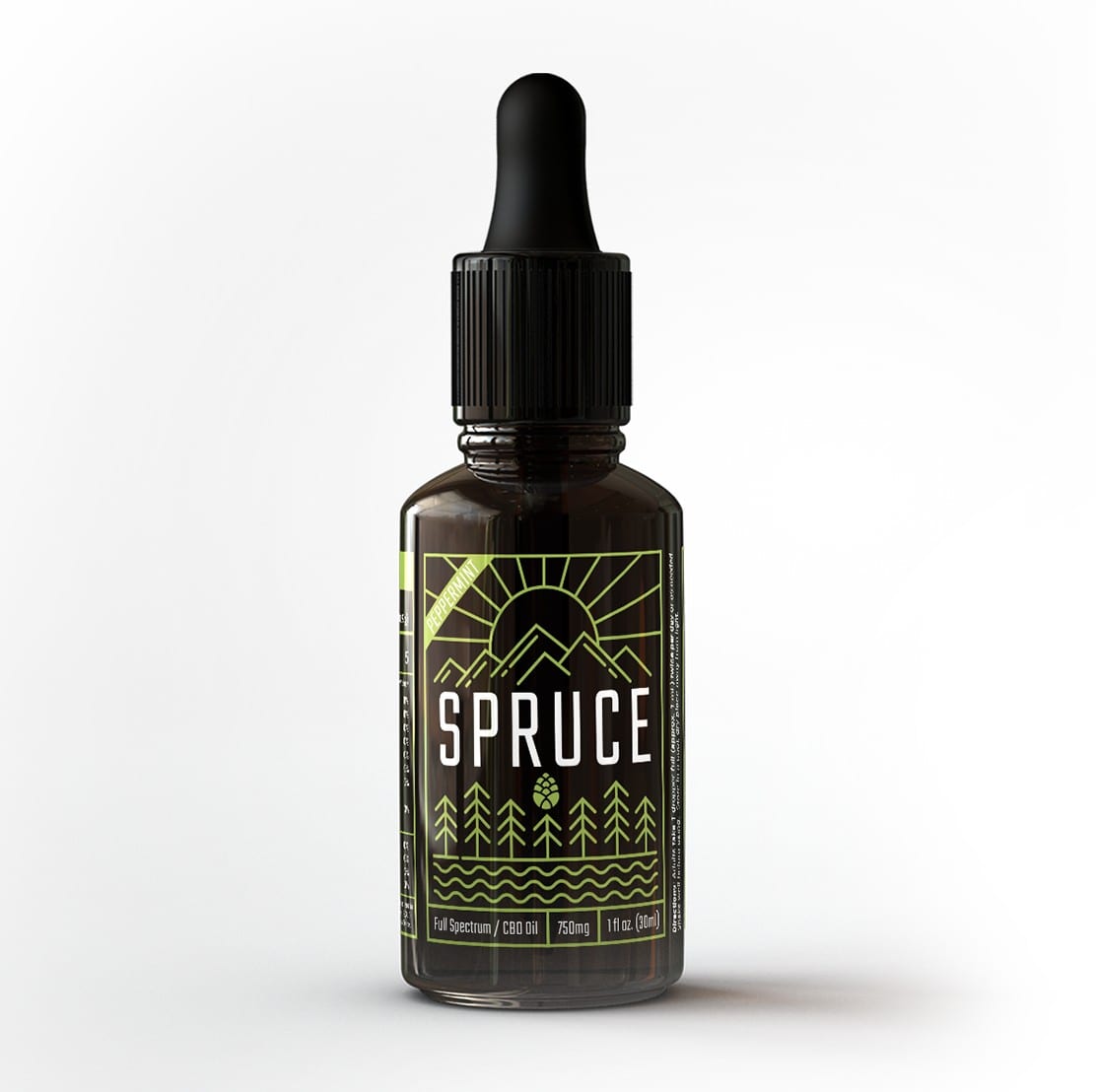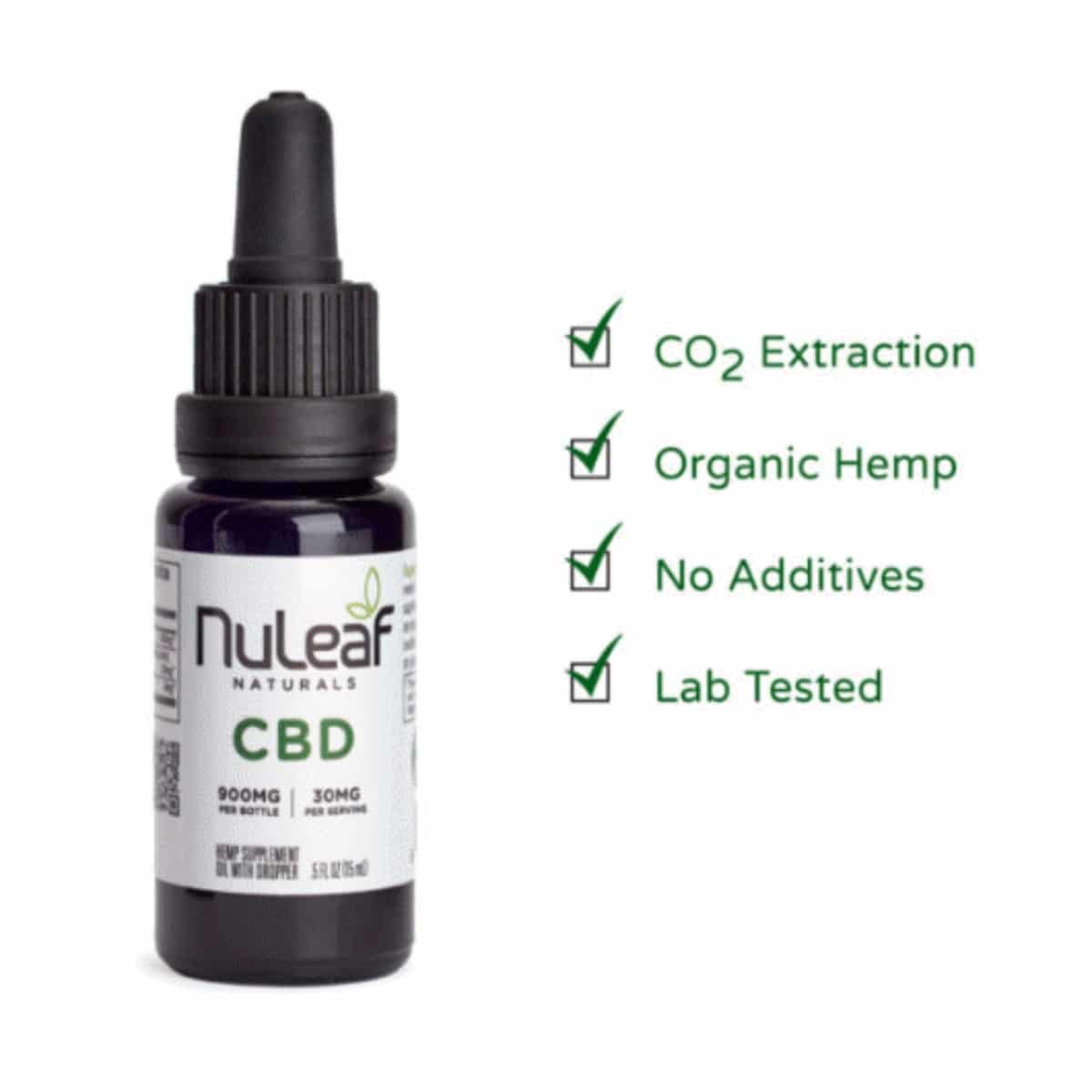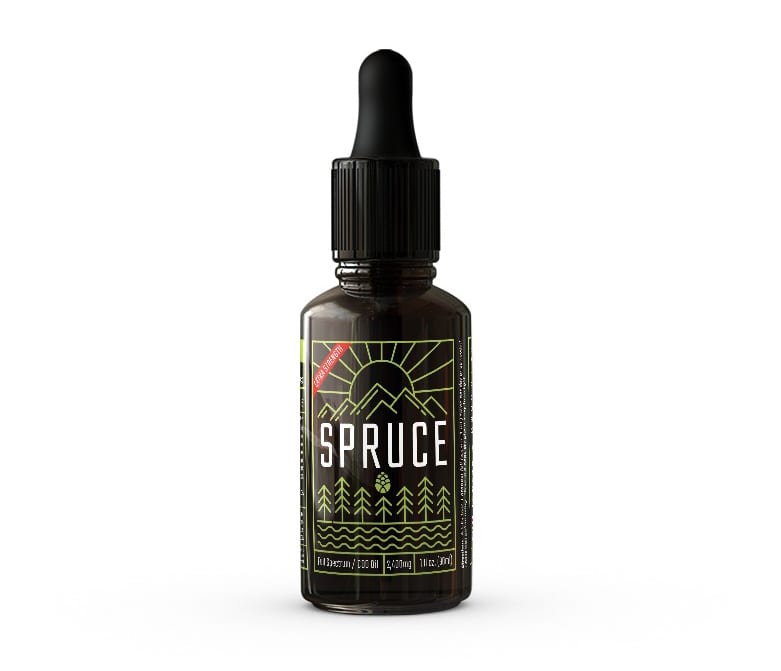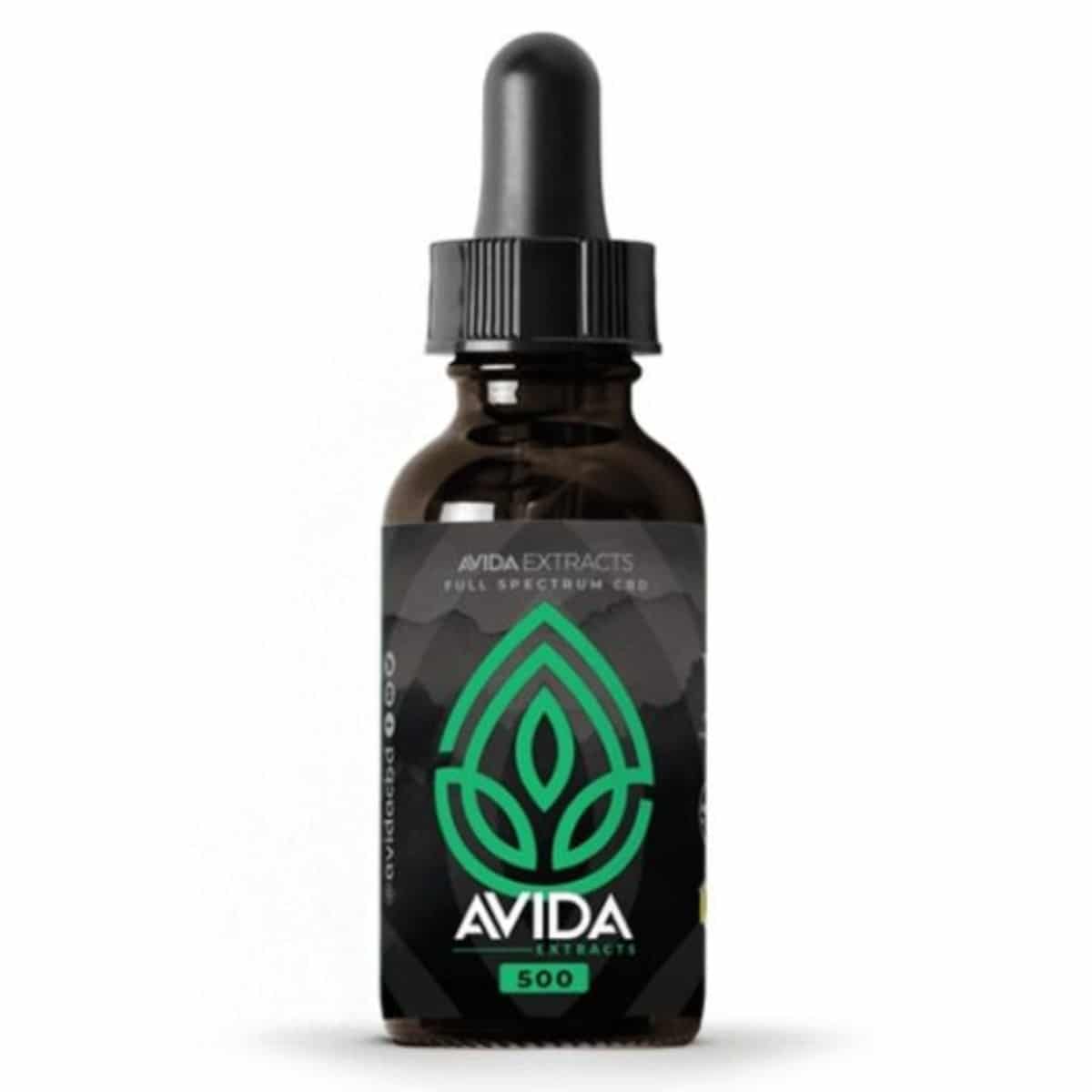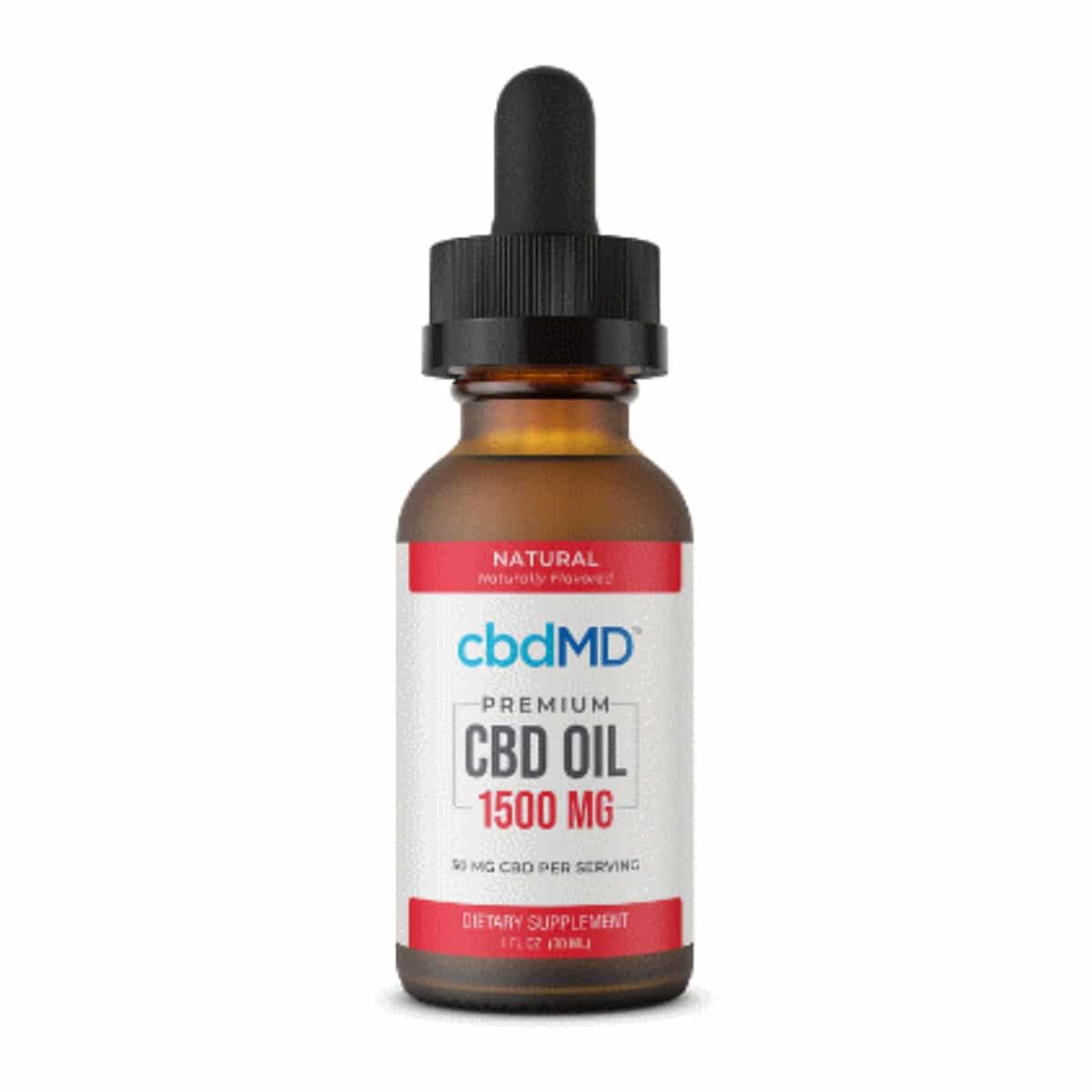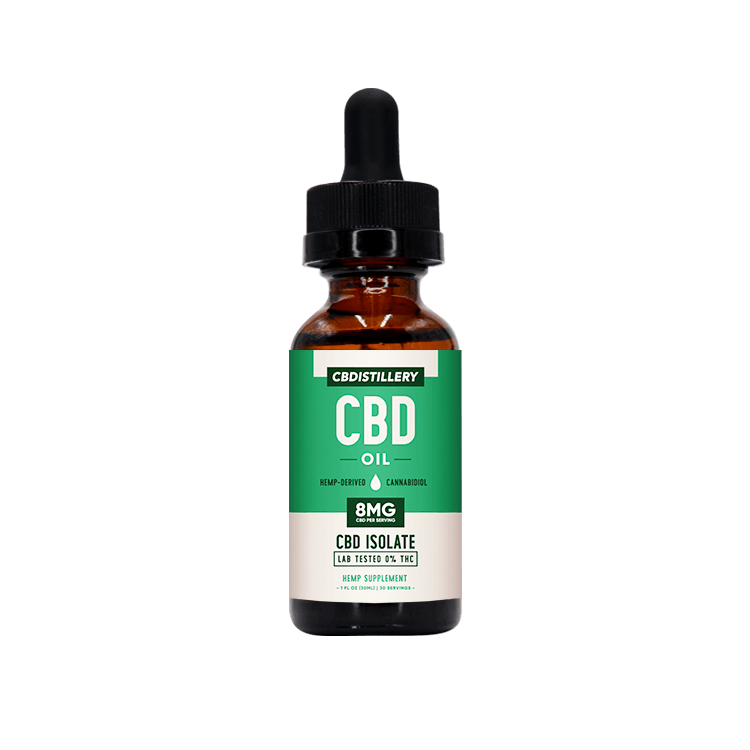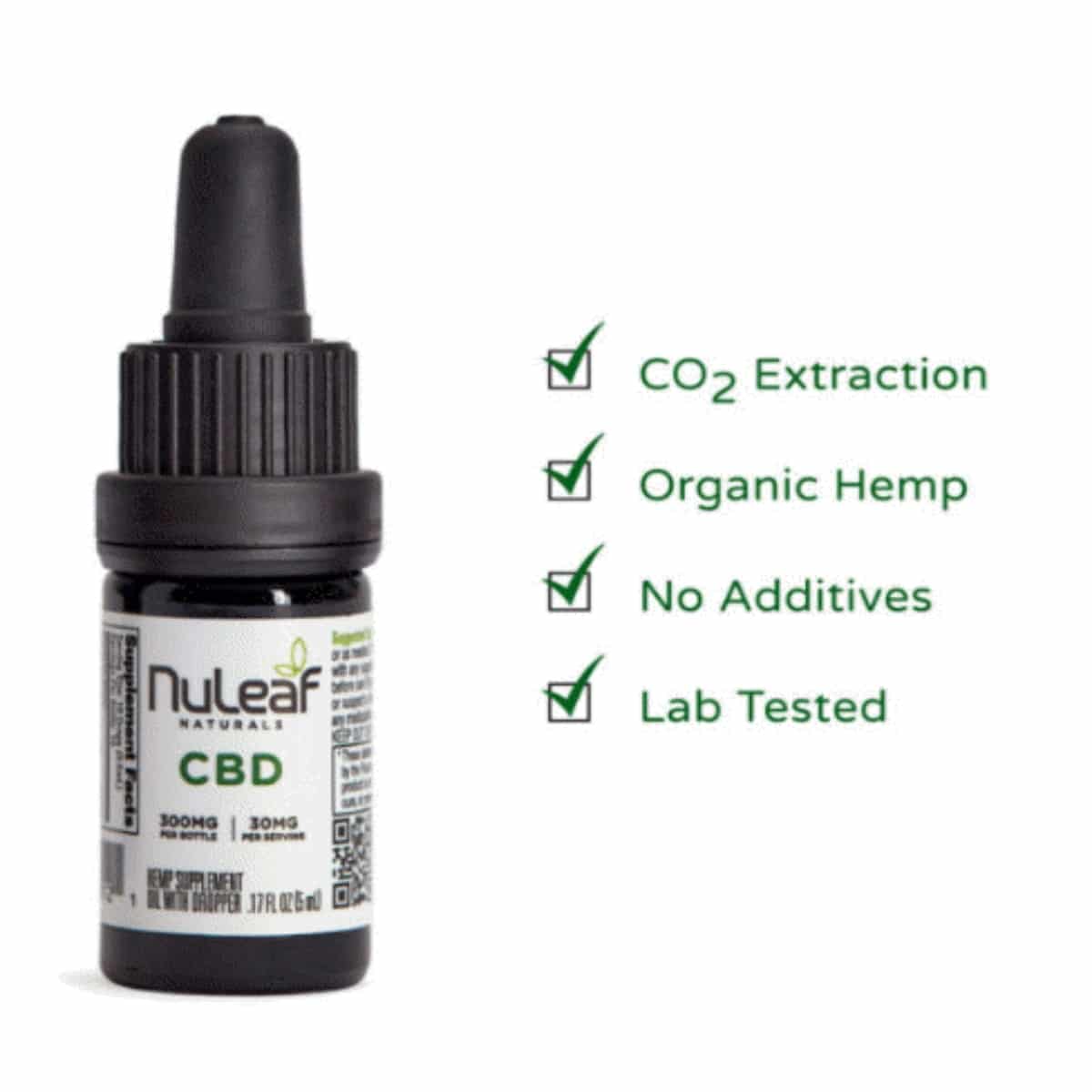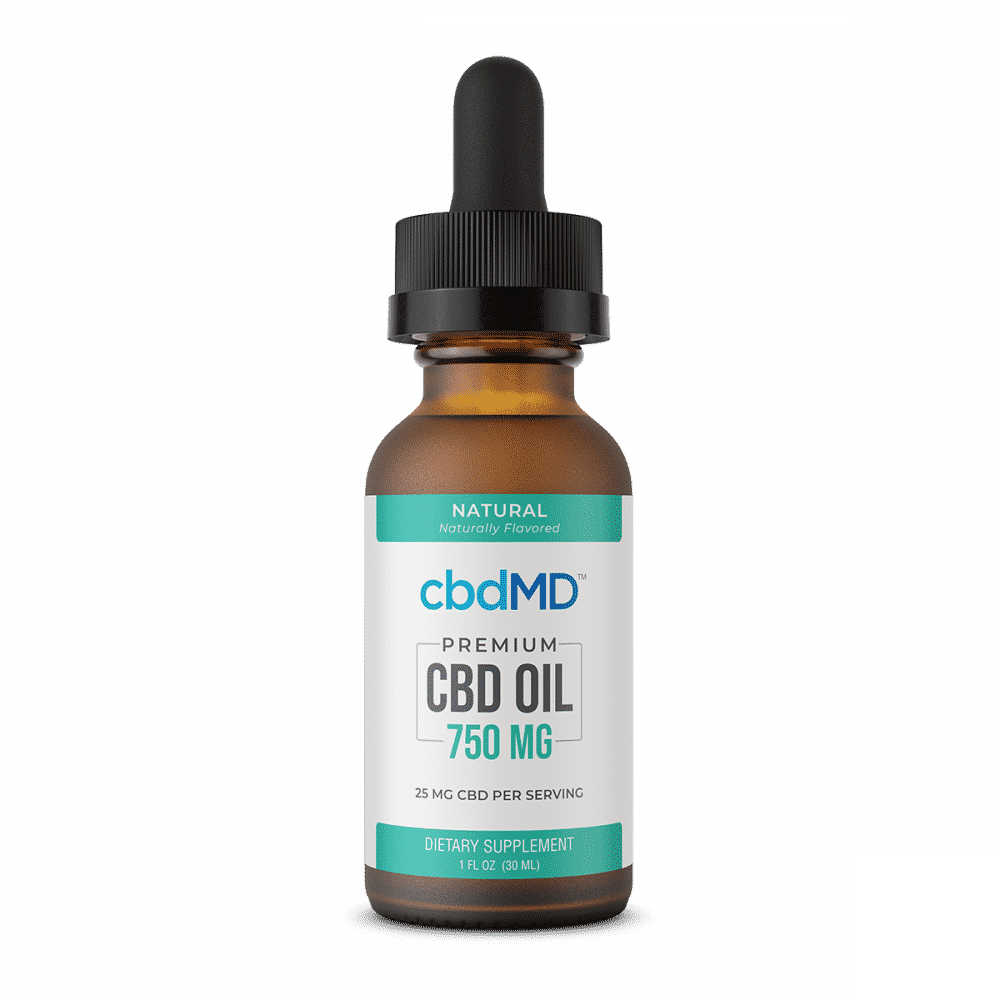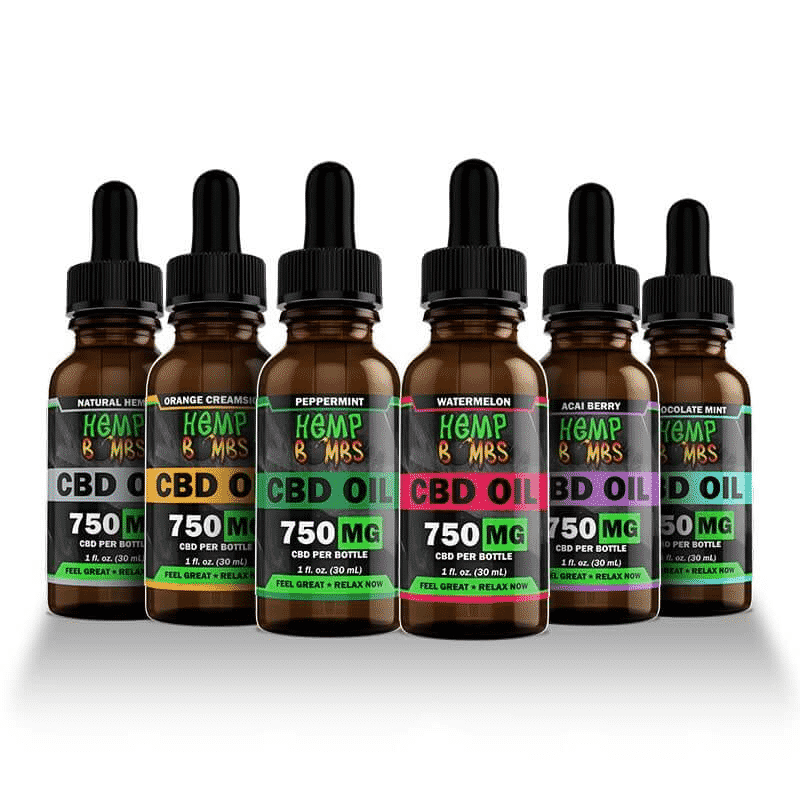Best CBD Oil for Asthma
Still undecided about which CBD product to buy to manage your asthma attacks? Here is a list of the highest quality CBD products that may help you breathe easier and recover faster.
Best CBD Oil for Asthma 2024
- Spruce 750mg Lab Grade CBD Oil Editor's Pick
- NuLeaf Naturals 900mg Full Spectrum Hemp CBD Oil Best Organic
- Spruce 2400mg Lab Grade CBD Oil Editor's Pick
- Avida Full Spectrum CBD Oil Tincture 500mg Best Seller
- cbdMD CBD Oil Tincture Natural 1500mg Best Natural Alternative
- CBDistillery THC Free CBD Oil Tinctures Best THC-Free
- cbdMD CBD Oil Tincture Natural 750mg Best Customer Rated
- NuLeaf Naturals 300mg Full Spectrum Hemp CBD Oil Best Starter
- Hemp Bombs 750mg CBD Oil Best Flavor Range
Compare the Best CBD Oil for Asthma in 2022
Best CBD Oil for Asthma
1. Spruce 750mg Lab Grade CBD Oil
cbdc overall score
4.8
CBDC Evaluation Table/Score
| Pros | Cons |
|---|---|
|
Mid-strength |
No other flavors |
|
Natural peppermint flavor |
|
|
Made from 100% organic and natural ingredients |
Overview
Each bottle of the 750mg CBD oil tincture contains 25mg of CBD per dropper full. The oil is peppermint flavor to mask any unpleasant tastes related to CBD.
2. NuLeaf Naturals 900mg Full Spectrum Hemp CBD Oil
cbdc overall score
5.0
CBDC Evaluation Table/Score
| Pros | Cons |
|---|---|
|
Pure CBD hemp |
No other flavors |
|
All natural |
|
|
Approximately 300 drops total |
Overview
Natural remedy for various illnesses. NuLeaf Naturals’ CBD oil is a whole-plant extract containing a full spectrum of naturally occurring synergistic cannabinoids and terpenes.
3. Spruce 2400mg Lab Grade CBD Oil
cbdc overall score
5.0
CBDC Evaluation Table/Score
| Pros | Cons |
|---|---|
|
Extra Strength |
Tastes bitter |
|
No artificial flavoring or colors |
No THC-free option |
|
Made from 100% organic and natural ingredients |
Overview
The largest bottle of CBD oil that Spruce offers contains 2,400mg of CBD. This is full-spectrum CBD oil, which is the maximum possible potency. Each high potency dropper full contains 80mg of CBD. There are no flavorings in it, which allows for the most CBD to fit in the 30ml bottle.
4. Avida Full Spectrum CBD Oil Tincture 500mg
cbdc overall score
4.6
CBDC Evaluation Table/Score
| Pros | Cons |
|---|---|
|
Light Spearmint flavor |
No other flavor |
|
Non-THC, Non-detected in drug test |
Overview
Avida Extracts Full Spectrum CBD oil is the latest iteration of the brand’s advanced Avida CORE Spectrum technology. They use a proprietary full spectrum blend, resulting in the highest naturally occurring Phyto-cannabinoids and Terpenes with THC (<0.3) to support your health.
5. cbdMD CBD Oil Tincture Natural 1500mg
cbdc overall score
4.7
CBDC Evaluation Table/Score
| Pros | Cons |
|---|---|
|
Various delicious flavors to choose from |
cbdMD uses MCT as its carrier oil so individuals who are allergic with coconuts should consider other brand options |
|
Has vegan, organic, and gluten-free ingredients |
|
|
Free shipping for this particular product within USA |
|
|
World-class customer service team |
Overview
cbdMD’s CBD oil tinctures are made using only CBD sourced from medical hemp and MCT oil as a carrier oil. Tinctures are offered in orange, mint, natural, and berry flavors. Safe for daily use, the oil tinctures are packaged with a built-in rubber dropper to adjust CBD dosage easily. The packaging is made to be easy to transport and discreet to use.
6. CBDistillery THC Free CBD Oil Tinctures
cbdc overall score
4.4
CBDC Evaluation Table/Score
| Pros | Cons |
|---|---|
|
60-Day Satisfaction Guarantee |
Dropper is a bit shaky |
|
Various strengths |
|
|
Oil extracted from aerial plant parts of US grown industrial hemp |
|
|
Sourced from non-GMO industrial hemp grown in the USA through natural farming practices |
Overview
CBDistillery’s Isolate CBD Oil Tinctures harness the power of pure CBD. CBD Isolate Oil Tinctures include 0.0% THC. When you use CBDistillery CBD Isolate Oil Tinctures, you can be assured you’re using the highest quality CBD on the market.
7. NuLeaf Naturals 300mg Full Spectrum Hemp CBD Oil
cbdc overall score
4.6
CBDC Evaluation Table/Score
| Pros | Cons |
|---|---|
|
Pure CBD hemp |
No other flavors |
|
All natural |
A bit pricey compared to competitors |
|
Approximately 100 drops total |
Overview
This is one of several concentrations from NuLeaf Naturals. As the lowest concentration, it is the company’s best option for those new to CBD oil. The product is lab-tested and fully organic. It is full-spectrum, so it contains THC in small quantities.
8. cbdMD CBD Oil Tincture Natural 750mg
cbdc overall score
4.4
CBDC Evaluation Table/Score
| Pros | Cons |
|---|---|
|
Vegan and Gluten free |
Does not ship internationally |
|
Has a third-party lab test |
|
|
Wide variety of CBD strengths and sizes |
Overview
A 750mg bottle of cbdMD’s Broad Spectrum Oil Tincture does not contain THC. It also has a fairly wide flavor range which is perfect for those who prefer other taste. Vegan consumers are considered since cbdMD offers Vegan products. Aside from all of that, another reason why people love cbdMD is because it’s free from harmful chemicals.
9. Hemp Bombs 750mg CBD Oil
cbdc overall score
3.9
CBDC Evaluation Table/Score
| Pros | Cons |
|---|---|
|
Wide variety of flavors |
Incomplete information about the product |
|
Lab test results are complete |
Does not ship to all international countries |
|
30-day money-back guarantee |
Overview
Hemp Bombs offer CBD Oil Tinctures that come in a 30ml bottle containing 750mg of CBD. They provide a wide range of flavors perfect for those that have a knack for sweets. Consumers can safely intake this because it’s free of chemicals and pesticides. Hemp Bombs also offer a 20% off on products upon subscription.
How CBD Helps With Asthma
In the United States, around 26 million people have asthma, including 20 million adults and 6 million children(1). Asthma is a common condition that causes inflammation and narrowing of the bronchial tubes, which allow air to enter and leave your lungs.
Exposure to allergens, like molds, stress, irritants in the air, illnesses, and medications, may trigger asthma(2).
Asthma symptoms include wheezing when exhaling, shortness of breath, chest pain, and trouble sleeping(3). Asthma patients, especially those with severe asthma, may experience frequent flare-ups.
Cannabidiol (CBD) is one of the main cannabinoids or naturally occurring compounds in cannabis plants, known for its potential benefits in different medical conditions, such as anxiety, depression, and sleep disorders(4).
CBD may also help treat asthma symptoms through its interaction with the endocannabinoid system (ECS). The ECS helps maintain bodily functions, such as pain perception, immune response, sleep, mood, appetite, and metabolism(5).
The ECS consists of two types of receptors: CB1 and CB2 receptors.
CB1 receptors primarily lie in the brain and central nervous system, liver, lungs, and kidneys(6). These receptors help regulate biological functions, like memory processing, appetite, pain sensation, mood, and sleep.
CB2 receptors are prevalent in cells within the immune system and its linked structures(7). These receptors stimulate a response that helps fight inflammation, relieving pain and managing damage to tissues.
A 2008 study showed that the activation of cannabinoid receptors on the bronchi nerve endings acted like a bronchodilator(8). Thus, airways become open, allowing for unrestricted breathing.
Moreover, a 2015 study in rat models highlighted CBD’s anti-inflammatory properties that may help treat asthma(9). The researchers measured the levels of T-helper cell type-2 (Th2) cytokines to test CBD’s effectiveness for asthma.
Th2 cytokines help mediate immune responses’ activation and maintenance against bacteria, allergens, and toxins.
Results showed that CBD may inhibit Th2 cytokines’ production, potentially decreasing inflammation(10). These cytokines are also present in humans(11). Thus, CBD may produce similar anti-inflammatory effects to asthmatic patients.
Moreover, CBD may lower the levels of other cytokines called tumor necrosis factor (TNF) and reduce overall inflammation(12). TNF is another primary mediator of severe asthma.
A 2019 study also noted that CBD may reduce airway inflammation and fibrosis in animal subjects experiencing an allergic asthmatic response(13).
While these are animal studies, findings may be beneficial for future research on CBD’s effectiveness for asthma in human subjects.
During an asthma attack, spasms affect the bronchi and bronchioles by contracting the lungs’ muscles, causing difficulty in breathing. A 2016 study indicated that cannabidiol may help relieve muscle spasms from multiple sclerosis(14).
CBD may also help treat other conditions involving spasms, like Parkinson’s disease and amyotrophic lateral sclerosis (ALS)(15–16).
Benefits of CBD for Asthma
Asthma is a chronic disease of the respiratory system that worsens inflammation and results in constriction of airways and difficulty breathing. Studies showed that CBD has potential anti-inflammatory effects.
An animal study from Mediators of Inflammation highlighted CBD as a potential drug to modulate inflammatory response in asthma(17). The researchers also noted that CBD is well tolerated in humans, making it a promising candidate for asthma treatment.
According to a 2012 study, a single dose of CBD may reduce inflammation in the acute lung injury model in mice(18).
The researchers also studied the effects of CBD after the injury(19). Results showed that cannabidiol may have anti-inflammatory properties and improve lung function.
Although they are animal studies, these findings suggest that CBD may help treat lung diseases, like chronic obstructive pulmonary disease (COPD), and chronic inflammatory diseases, including asthma.
Moreover, full-spectrum CBD, which contains all phytocannabinoids in cannabis plants, including CBD and tetrahydrocannabinol (THC), may benefit asthma patients.
A 2016 review noted that THC may help suppress the immune system(20). In some cases of asthma, the immune system may overreact to environmental triggers, worsening the symptoms. Thus, the findings may benefit those who have allergic asthma.
However, THC is a psychoactive compound that makes you feel high.
CBD may also be antispasmodic (relieves muscle spasms)(21). During asthma attacks, bronchospasms occur as muscles in the lungs contract, making breathing difficult.
A 2016 study indicated that cannabidiol may help treat muscle spasms from multiple sclerosis(22). Sativex, a combination of CBD and THC, is used to treat spasms, which may improve the quality of life and displays a low incidence of adverse effects(23).
The airways in asthmatic patients tend to be hyperreactive and contract easily, leading to obstructed airways. According to a 2011 study, anandamide, an endocannabinoid neurotransmitter, may restrain this obstruction(24).
A study published in Translational Psychiatry noted that cannabidiol may promote anandamide signaling(25). Thus, CBD may help prevent bronchial obstruction by enhancing anandamide levels.
Cannabidiol may also provide pain relief(26). Chest pain is an asthma symptom.
A 2008 review described CBD as a potential therapeutic for chronic pain management, including neuropathic pain in multiple sclerosis and cancer pain(27). Thus, CBD may help relieve asthma-related pain.
How Soon Can CBD’s Effects Be Felt?
CBD’s potential benefits for asthma may be experienced immediately or some time after its administration, depending on the route or method, your body weight, metabolism, and the CBD potency.
CBD oil tinctures facilitate direct absorption of CBD into the bloodstream(28). Thus, you may feel the effects within 15 to 45 minutes.
Meanwhile, topical CBD products’s effects may be felt within 15 to 30 minutes and may last for two to four hours(29).
CBD edibles, like gummies, may take longer to work as CBD still has to pass through the digestive system. You may feel the effects of CBD edibles within 30 to 60 minutes(30).
While CBD tinctures may provide immediate relief, effects may remain for two to four hours only(31). CBD edibles’ effects may last for over six hours(32). CBD vapes’ effects may last for 30 minutes to 2 hours.
However, metabolism, CBD dosage, frequency of use, and product quality also affect how long CBD may help with asthma.
Possible Side Effects of Using CBD for Asthma
Although CBD may help treat asthma symptoms, it may induce some side effects. These include(33):
- Tiredness
- Fatigue
- Loss of appetite
- Dry mouth
- Drowsiness
- Diarrhea
- Changes in weight
Cannabidiol may also interact with other medications, such as blood thinners(34).
Other side effects of CBD include the inhibition of hepatic drug metabolism and decreased fertilization capacity(35). Seek professional help to avoid possible adverse effects.
How to Choose the Best CBD for Asthma
You can take CBD for asthma in different forms: CBD tinctures, CBD capsules, CBD topicals, CBD edibles, and CBD vapes. However, remember the following tips when choosing the best CBD hemp oil products for asthma:
- Consult healthcare professionals on how to use CBD for asthma appropriately, especially if you are using CBD products for the first time.
- Select CBD products that use organic, GMO-free hemp. Reliable CBD brands grow hemp plants from their farms or buy from licensed hemp growers that promote sustainable farming.
- Choose quality products that adopt CO2 extraction methods to maximize the benefits of cannabinoids or naturally occurring compounds from hemp plants. Moreover, pick cannabidiol products that place disclaimers and do not provide unwarranted health claims on their websites.
- Confirm whether the CBD product undergoes third-party lab testing. The certificate of analysis (COA), often available on the brand’s website, should show the product’s CBD content and the absence of residual solvents, pesticides, and other harmful substances.
- Compare product label claims with the certificate of analysis. Credible products that provide value for money have accurate or higher CBD content than their product label claims.
- Pick CBD brands that are members of hemp organizations, like the Colorado Hemp Industries Association, or possess certifications and accreditations from the Better Business Bureau (BBB). These CBD brands show transparency, ethical business practices, and excellent customer service.
- Know state laws regarding cannabis use to ensure legal use of CBD products for asthma.
- Know the three types of CBD products: full-spectrum CBD, broad-spectrum CBD, and CBD isolates to get the maximum benefits from cannabinoids.
Full-spectrum CBD oil products contain all phytocannabinoids or naturally occurring compounds in cannabis plants. These include CBD, tetrahydrocannabinol (THC), terpenes, flavonoids, fatty acids, essential oils, and other minerals.
Terpenes provide cannabis plants’ distinct aroma, while flavonoids give them vivid colors.
These compounds produce the entourage effect, indicating that they are more efficacious when combined than when used as isolated elements(36). However, as full-spectrum CBD products contain the psychoactive compound THC, frequent usage may result in a false-positive drug test.
Broad-spectrum CBD is full-spectrum CBD without THC. These CBD products suit those who want to avoid THC’s euphoric effects while maximizing the other cannabis compounds’ benefits.
You can also use CBD isolate, which is pure CBD extracted separately from all other compounds. Isolates are CBD products that let you maximize the benefits of CBD.
How to Take CBD for Asthma
CBD oil products for asthma have different types, such as CBD tinctures, CBD topicals, CBD capsules, CBD edibles, CBD inhalers, and CBD vape pens.
CBD Tinctures
You can apply CBD oil tinctures sublingually or directly under your tongue to facilitate the faster absorption of CBD directly into the bloodstream(37).
You can let the CBD drops stay under your tongue for one to two minutes before swallowing(38). Effects may be evident within 15 to 45 minutes.
However, results depend on the CBD administration method, your body weight, metabolism, the CBD potency, and product quality.
As CBD tinctures have an unpleasant, earthy taste, many CBD brands offer different flavors. You can also add CBD tinctures to your food, coffee, or smoothie.
CBD Topicals
CBD topicals include CBD creams, CBD lotions, CBD balms, and CBD salves. They are absorbed into the skin’s surface, so you may apply a more significant amount of CBD to your skin.
However, it is best to start with small doses, gradually increasing it while observing your skin’s reaction to CBD. You can increase the CBD dosage until you see positive changes.
Topical CBD products’ onset may be within 15 to 30 minutes(39). Effects may last for two to four hours.
Still, results depend on the CBD administration method, your body weight, CBD potency, and product quality.
CBD Capsules
Another way to take CBD oil for asthma is through CBD capsules. However, CBD capsules may kick in late as CBD capsules have to pass through the digestive tract(40).
Additionally, dosing is tricky because of the delayed onset of effect (around one to two hours), recent meals, and stomach acids’ unknown effects(41).
Thus, CBD capsules may not suit those looking for immediate relief from asthma symptoms.
CBD Edibles
Those who want to avoid the earthy, grassy taste of pure CBD hemp extract can take CBD edibles, including CBD gummies and CBD chocolate bars.
However, CBD edibles can take a while to kick in because they have to pass through the digestive system.
CBD edibles’ effects may show within 30 to 60 minutes(42). For CBD edibles with THC, peak blood levels occur approximately three hours later, and the effects can last over six hours.
CBD Inhalers
CBD brands, like CBD Luxe, also offer CBD inhalers. These relatively new CBD products allow CBD to get into your system through your lungs without the heat or vapor coming from smoking flower or vaping CBD.
You can use CBD inhalers like the usual inhalers. Place the spray’s opening on your lips, press the inhaler’s top to spray, and inhale it.
While CBD inhalers may take effect immediately, research has yet to prove the product’s effectiveness. Thus, consult your doctor for appropriate CBD use.
CBD Vapes
CBD products also come in a vape pen format. CBD vapes may provide immediate effects as the vapors enter the bloodstream through the lungs without passing through the digestive system.
However, effects may last for 30 minutes to two hours only. It is also challenging to determine precisely how much CBD is in each draw. While CBD oil vape products usually show the CBD amount per inhale, the amount may differ per person.
The FDA, the CDC (Centers for Disease Control and Prevention), and other state and local health departments have also conducted investigations regarding a national outbreak of e-cigarette or vaping product use-associated lung injury (EVALI)(43).
Moreover, as of February 2020, the CDC has received reports of more than 2,000 hospitalized EVALI cases or deaths. Thus, vaping CBD is not recommended.
CBD Dosage for Asthma
CBD dosage of up to 1,500mg/day is well tolerated in humans(44).
Epidiolex is the only FDA-approved CBD product used to treat epilepsy in children(45). Its recommended starting dosage, which can be taken twice a day, is 2.5mg CBD per kilogram of body weight(46).
Other than this, no official recommended CBD dosage is available for asthma.
You may start taking CBD at small doses, at least 5mg CBD, and gradually increase the dosage once you achieve your desired results.
More importantly, seek help from a healthcare professional knowledgeable in CBD use to determine the right dosage of CBD based on your needs.
Legality of CBD
Following the legalization of industrial hemp, the 2018 Farm Bill stipulated that, at the federal level, hemp-derived CBD products containing 0.3% or less THC are no longer considered controlled substances(47).
Tetrahydrocannabinol is a psychoactive compound that causes a euphoric high. Marijuana, which is rich in THC, remains a Schedule 1 controlled drug because of its high potential for abuse, attributed to THC’s psychoactive effects(48).
The Food and Drug Administration (FDA) does not allow products containing THC or CBD to be sold legally as dietary supplements(49). The agency approves only one cannabis-derived drug product, Epidiolex (cannabidiol), and three synthetic cannabis-related drug products: Marinol (dronabinol), Syndros (dronabinol), and Cesamet (nabilone)(50).
Epidiolex is a purified form of CBD derived from cannabis. It is used to treat seizures associated with Lennox-Gastaut syndrome and Dravet syndrome, two severe cases of epilepsy in children.
Marinol and Syndros are used to treat anorexia linked to weight loss in patients with acquired immunodeficiency syndrome (AIDS).
Cesamet is used to manage nausea linked to cancer chemotherapy.
As there is no other FDA-approved CBD product, researching state laws and buying CBD oil products in areas that offer recreational or medical marijuana legally are advised.
Product Frequently
Asked Questions
-
How can CBD help with asthma?
CBD may help with asthma by providing potential anti-inflammatory properties and relieving muscle spasms(51–52). CBD’s interaction with the endocannabinoid system may also help explain its benefits for asthma. The ECS helps maintain balance in various bodily functions, including pain perception and immune response(53).
-
Is there evidence that CBD helps with asthma?
Studies show that CBD may help manage asthmatic symptoms through the compound’s potential anti-inflammatory and antispasmodic effects(54–55).
-
Is there any evidence that CBD can make asthma worse?
Research on CBD’s effectiveness for asthma is still at its infancy, and no study has shown that CBD may worsen the condition. However, recent findings indicate that CBD may help with asthma by reducing inflammation and reducing muscle spasms(56–57).
-
Will CBD interact with medications I may be taking for asthma?
CBD may interact with other medications and alter how your body breaks down these drugs(58). Consulting your doctor first for proper guidance on CBD use is recommended.
-
Are there other treatments I should consider alongside CBD to help with asthma?
Treatments for asthma include bronchodilators, like inhalers, for short-term relief and long-acting beta-agonists with inhaled corticosteroids for long-term relief. However, these steroids’ possible adverse effects include skin thinning, bone loss, and behavioral abnormalities(59). Meanwhile, CBD has minimal side effects, including fatigue and drowsiness(60).
-
Can I fail a drug test if I use CBD for asthma?
Cannabidiol is a non-psychoactive compound, so it does not give you a euphoric high(61). However, other CBD products contain small amounts of the psychoactive component THC. Frequent usage can lead to a false-positive drug test result.
-
What is the CBD dosage for asthma?
There are no official dosage guidelines for CBD for asthma. However, it is best to start taking CBD oil at low doses and gradually increase the dosage until positive results are achieved.
-
Are there safety concerns about asthma and CBD?
Research on CBD use and asthma remains inconclusive, and no official guidelines for CBD dosage are available. The best course of action is to consult with a healthcare professional knowledgeable in CBD use for proper guidance.
-
What is the best CBD oil product for asthma?
The best CBD oil products for asthma often come from organic, non-GMO hemp. These CBD products also use CO2 extraction techniques and have accurate or higher CBD content than what is indicated on the product label. The best brands are owned by companies with hemp organization memberships, certifications, and accreditations.
- American College of Allergy, Asthma & Immunology. What is Asthma? Retrieved from https://acaai.org/asthma/asthma-101
- Ibid.
- Mayo Clinic. Asthma. Retrieved from https://www.mayoclinic.org/diseases-conditions/asthma/symptoms-causes/syc-20369653#:~:text=Asthma%20is%20a%20condition%20in,asthma%20is%20a%20minor%20nuisance.
- Corroon, J., & Phillips, J. A. (2018). A Cross-Sectional Study of Cannabidiol Users. Cannabis and cannabinoid research, 3(1), 152–161. doi.org/10.1089/can.2018.0006. https://www.ncbi.nlm.nih.gov/pmc/articles/PMC6043845/#:~:text=Results%3A%20Almost%2062%25%20of%20CBD,reported%20%E2%80%9Cnot%20very%20well.%E2%80%9D
- Education Collaboration Hope. (2017, Apr. 18). A Look at the Endocannabinoid System’s CB1 and CB2 Receptors. Retrieved from https://echoconnection.org/look-endocannabinoid-systems-cb1-cb2-receptors/
- Ibid.
- Ibid.
- Giannini, L., Nistri, S., Mastroianni, R., Cinci, L., Vannacci, A., Mariottini, C., Passani, M. B., Mannaioni, P. F., Bani, D., & Masini, E. (2008). Activation of cannabinoid receptors prevents antigen-induced asthma-like reaction in guinea pigs. Journal of cellular and molecular medicine, 12(6A), 2381–2394. doi.org/10.1111/j.1582-4934.2008.00258.x. https://pubmed.ncbi.nlm.nih.gov/18266975/
- Vuolo, F., Petronilho, F., Sonai, B., Ritter, C., Hallak, J. E., Zuardi, A. W., Crippa, J. A., & Dal-Pizzol, F. (2015). Evaluation of Serum Cytokines Levels and the Role of Cannabidiol Treatment in Animal Model of Asthma. Mediators of inflammation, 2015, 538670. doi.org/10.1155/2015/538670. https://www.ncbi.nlm.nih.gov/pmc/articles/PMC4458548/
- Ibid.
- Georas, S. N., Guo, J., De Fanis, U., & Casolaro, V. (2005). T-helper cell type-2 regulation in allergic disease. The European respiratory journal, 26(6), 1119–1137. doi.org/10.1183/09031936.05.00006005. https://erj.ersjournals.com/content/26/6/1119
- Vuolo, F. (2015). Op Cit.
- Vuolo, F., Abreu, S. C., Michels, M., Xisto, D. G., Blanco, N. G., Hallak, J. E., Zuardi, A. W., Crippa, J. A., Reis, C., Bahl, M., Pizzichinni, E., Maurici, R., Pizzichinni, M., Rocco, P., & Dal-Pizzol, F. (2019). Cannabidiol reduces airway inflammation and fibrosis in experimental allergic asthma. European journal of pharmacology, 843, 251–259. doi.org/10.1016/j.ejphar.2018.11.029. https://pubmed.ncbi.nlm.nih.gov/30481497/
- Zettl, U. K., Rommer, P., Hipp, P., & Patejdl, R. (2016). Evidence for the efficacy and effectiveness of THC-CBD oromucosal spray in symptom management of patients with spasticity due to multiple sclerosis. Therapeutic advances in neurological disorders, 9(1), 9–30. doi.org/10.1177/1756285615612659. https://www.ncbi.nlm.nih.gov/pmc/articles/PMC4710104/
- Peres, F. F., Lima, A. C., Hallak, J., Crippa, J. A., Silva, R. H., & Abílio, V. C. (2018). Cannabidiol as a Promising Strategy to Treat and Prevent Movement Disorders?. Frontiers in pharmacology, 9, 482. doi.org/10.3389/fphar.2018.00482. https://www.ncbi.nlm.nih.gov/pmc/articles/PMC5958190/
- Meyer, T., Funke, A., Münch, C., Kettemann, D., Maier, A., Walter, B., Thomas, A., & Spittel, S. (2019). Real world experience of patients with amyotrophic lateral sclerosis (ALS) in the treatment of spasticity using tetrahydrocannabinol:cannabidiol (THC:CBD). BMC neurology, 19(1), 222. doi.org/10.1186/s12883-019-1443-y. https://www.ncbi.nlm.nih.gov/pmc/articles/PMC6732193/
- Vuolo, F. (2019). Op Cit.
- Ribeiro, A., Ferraz-de-Paula, V., Pinheiro, M. L., Vitoretti, L. B., Mariano-Souza, D. P., Quinteiro-Filho, W. M., Akamine, A. T., Almeida, V. I., Quevedo, J., Dal-Pizzol, F., Hallak, J. E., Zuardi, A. W., Crippa, J. A., & Palermo-Neto, J. (2012). Cannabidiol, a non-psychotropic plant-derived cannabinoid, decreases inflammation in a murine model of acute lung injury: role for the adenosine A(2A) receptor. European journal of pharmacology, 678(1-3), 78–85. doi.org/10.1016/j.ejphar.2011.12.043. https://pubmed.ncbi.nlm.nih.gov/22265864/
- Ribeiro, A., Almeida, V. I., Costola-de-Souza, C., Ferraz-de-Paula, V., Pinheiro, M. L., Vitoretti, L. B., Gimenes-Junior, J. A., Akamine, A. T., Crippa, J. A., Tavares-de-Lima, W., & Palermo-Neto, J. (2015). Cannabidiol improves lung function and inflammation in mice submitted to LPS-induced acute lung injury. Immunopharmacology and immunotoxicology, 37(1), 35–41. doi.org/10.3109/08923973.2014.976794. https://pubmed.ncbi.nlm.nih.gov/25356537/
- Eisenstein, T. K., & Meissler, J. J. (2015). Effects of Cannabinoids on T-cell Function and Resistance to Infection. Journal of neuroimmune pharmacology: the official journal of the Society on NeuroImmune Pharmacology, 10(2), 204–216. doi.org/10.1007/s11481-015-9603-3. https://www.ncbi.nlm.nih.gov/pmc/articles/PMC4470840/
- Zettl, U. K. (2016). Op Cit.
- Ibid.
- Peres, F. F., Lima, A. C., Hallak, J., Crippa, J. A., Silva, R. H., & Abílio, V. C. (2018). Cannabidiol as a Promising Strategy to Treat and Prevent Movement Disorders?. Frontiers in pharmacology, 9, 482. doi.org/10.3389/fphar.2018.00482. https://www.ncbi.nlm.nih.gov/pmc/articles/PMC5958190/
- Zoerner, A. A., Stichtenoth, D. O., Engeli, S., Batkai, S., Winkler, C., Schaumann, F., Janke, J., Holz, O., Krug, N., Tsikas, D., Jordan, J., & Hohlfeld, J. M. (2011). Allergen challenge increases anandamide in bronchoalveolar fluid of patients with allergic asthma. Clinical pharmacology and therapeutics, 90(3), 388–391. doi.org/10.1038/clpt.2011.94. https://ascpt.onlinelibrary.wiley.com/doi/abs/10.1038/clpt.2011.94
- Leweke, F. M., Piomelli, D., Pahlisch, F., Muhl, D., Gerth, C. W., Hoyer, C., Klosterkötter, J., Hellmich, M., & Koethe, D. (2012). Cannabidiol enhances anandamide signaling and alleviates psychotic symptoms of schizophrenia. Translational psychiatry, 2(3), e94. doi.org/10.1038/tp.2012.15. https://www.ncbi.nlm.nih.gov/pmc/articles/PMC3316151/
- Russo E. B. (2008). Cannabinoids in the management of difficult to treat pain. Therapeutics and clinical risk management, 4(1), 245–259. doi.org/10.2147/tcrm.s1928. https://www.ncbi.nlm.nih.gov/pmc/articles/PMC2503660/#b26
- Ibid.
- Arthritis Foundation. CBD for Arthritis Pain: What You Should Know. Retrieved from https://www.arthritis.org/health-wellness/healthy-living/managing-pain/pain-relief-solutions/cbd-for-arthritis-pain
- Konieczny, E., & Wilson, L. (2018). Healing with CBD: how cannabidiol can transform your health without the high. Berkeley, California: Ulysses Press.
- Borodovsky, J. T., Crosier, B. S., Lee, D. C., Sargent, J. D., & Budney, A. J. (2016). Smoking, vaping, eating: Is legalization impacting the way people use cannabis? The International journal on drug policy, 36, 141–147. doi.org/10.1016/j.drugpo.2016.02.022. https://www.ncbi.nlm.nih.gov/pmc/articles/PMC5010515/
- Konieczny, E. (2018). Op Cit.
- Borodovsky, J. T. (2016). Op Cit.
- Bauer, B. A. (2018, Dec. 20). What are the benefits of CBD — and is it safe to use? Retrieved from https://www.mayoclinic.org/healthy-lifestyle/consumer-health/expert-answers/is-cbd-safe-and-effective/faq-20446700
- Ibid.
- Bergamaschi, M. M., Queiroz, R. H., Zuardi, A. W., & Crippa, J. A. (2011). Safety and side effects of cannabidiol, a Cannabis sativa constituent. Current drug safety, 6(4), 237–249. doi.org/10.2174/157488611798280924. https://pubmed.ncbi.nlm.nih.gov/22129319/
- Russo E. B. (2019). The Case for the Entourage Effect and Conventional Breeding of Clinical Cannabis: No “Strain,” No Gain. Frontiers in plant science, 9, 1969. doi.org/10.3389/fpls.2018.01969. https://www.ncbi.nlm.nih.gov/pmc/articles/PMC6334252/
- Arthritis Foundation. Op Cit.
- Ibid.
- Konieczny, E. (2018). Op Cit.
- Arthritis Foundation. Op Cit.
- Ibid.
- Borodovsky, J. T. (2016). Op Cit.
- Centers for Disease Control and Prevention. (2020, Feb. 25). Outbreak of Lung Injury Associated with the Use of E-Cigarette, or Vaping, Products. Retrieved from https://www.cdc.gov/tobacco/basic_information/e-cigarettes/severe-lung-disease.html
- Bergamaschi, M. M. (2011). Op Cit.
- U.S. Food and Drug Administration. (2020, Oct. 1). FDA Regulation of Cannabis and Cannabis-Derived Products, Including Cannabidiol (CBD). Retrieved from https://www.fda.gov/news-events/public-health-focus/fda-regulation-cannabis-and-cannabis-derived-products-including-cannabidiol-cbd
- U.S. Food and Drug Administration. Epidiolex (cannabidiol) oral solution. Retrieved from https://www.accessdata.fda.gov/drugsatfda_docs/label/2018/210365lbl.pdf
- U.S. Food and Drug Administration. (2020, Oct. 1). FDA Regulation of Cannabis and Cannabis-Derived Products, Including Cannabidiol (CBD). Op Cit.
- Ibid.
- Ibid.
- U.S Food and Drug Administration. (2020, Oct. 1). FDA and Cannabis: Research and Drug Approval Process. Retrieved from https://www.fda.gov/news-events/public-health-focus/fda-and-cannabis-research-and-drug-approval-process
- Vuolo, F. (2019). Op Cit.
- Zettl, U. K. (2016). Op Cit.
- Education Collaboration Hope. (2017, Apr. 18). Op Cit.
- Vuolo, F. (2019). Op Cit.
- Zettl, U. K. (2016). Op Cit.
- Vuolo, F. (2019). Op Cit.
- Zettl, U. K. (2016). Op Cit.
- Iffland, K., & Grotenhermen, F. (2017). An Update on Safety and Side Effects of Cannabidiol: A Review of Clinical Data and Relevant Animal Studies. Cannabis and cannabinoid research, 2(1), 139–154. doi.org/10.1089/can.2016.0034. https://www.ncbi.nlm.nih.gov/pmc/articles/PMC5569602/
- Hanania, N. A., Chapman, K. R., & Kesten, S. (1995). Adverse effects of inhaled corticosteroids. The American journal of medicine, 98(2), 196–208. doi.org/10.1016/S0002-9343(99)80404-5. https://pubmed.ncbi.nlm.nih.gov/7847437/
- Bauer, B. A. (2018, Dec. 20). Op Cit.
- Iffland, K. (2017). Op Cit.

